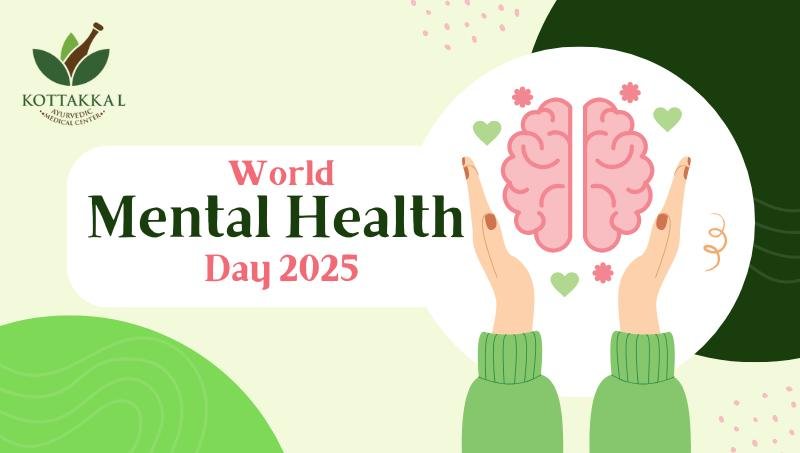Strengthening Mental Health — World Mental Health Day 2025
World Mental Health Day is observed every year on October 10. In 2025, the focus is on ensuring people affected by disasters, conflicts, and emergencies can still access mental health services.
When catastrophe strikes, natural disasters, armed conflict, pandemics both physical infrastructure and mental health services may be disrupted. This can leave many vulnerable people without support. Emotional distress, anxiety, grief, and trauma often increase during and after emergencies.
Why Access Matters
·Mental health is a key part of overall health. Without access to care, suffering is prolonged and recovery becomes harder.
·Emergencies affect everyone differently. Some lose homes or loved ones; others may lose trust or feel isolated. Good mental health services help individuals and communities heal and rebuild.
·Delays or absence of mental health and psychosocial support can make conditions worse, increasing long-term burden.
Ayurvedic & Yoga-Based Practices to Support Mental Health
When professional services are limited, some self-care tools can make a difference. The ideas below are supportive complements not substitute for professional care. Always consult a qualified practitioner if possible.
·Gentle Yoga
Practice simple yoga postures that do not strain. Choose safe, slow movements. and internal awareness, helping people reconnect with their bodies in stressful times.
·Breathing Practices (Pranayama)
Slow, deep breathing helps calm the nervous system. Techniques like alternate nostril breathing or focused exhalation can reduce anxiety and clear the mind.
·Warm Oil Massage (Abhyanga)
Massaging limbs, scalp, feet with warm, soothing oil can reduce tension and promote relaxation. It also stimulates circulation and supports calm.
·Shirodhara
· medicated oil is poured in a continuous stream over the forehead, targeting the "third eye" area. This treatment is known for its calming effects on the nervous system, helping to reduce stress, anxiety, and insomnia. It also promotes mental clarity and enhances overall well-being.
·Herbs
Traditional Ayurvedic herbs are sometimes used to support mood, promote calm, or help with sleep.
·Consistent Routine
Maintaining regular times for sleep, meals, rest, and gentle activity gives structure and creates a sense of predictability when life is disrupted.
·Connection with Others
Talking, listening, and sharing with trusted friends, family, or community members helps reduce isolation.
On World Mental Health Day 2025, let us remember how critical access to mental health services is during catastrophes and emergencies. While we advocate for stronger, more accessible professional support, we can also lean on top Ayurvedic mental health treatments in the UAE to support our own resilience. Small acts of self-care, breathing, movement, calmness, and connection help maintain balance in the darkest moments.
 Ajman:052 6474941
Ajman:052 6474941  Dubai 055 3699446
Dubai 055 3699446 Satwa +971 55 610 3056
Satwa +971 55 610 3056 Sharjah +971 50 6545235
Sharjah +971 50 6545235 


